Published since 2019 by the Fair Winds Foundation and Association of Foreign Relations, Taiwan Weekly provides in-depth report and analysis of the major issues facing Taiwan.
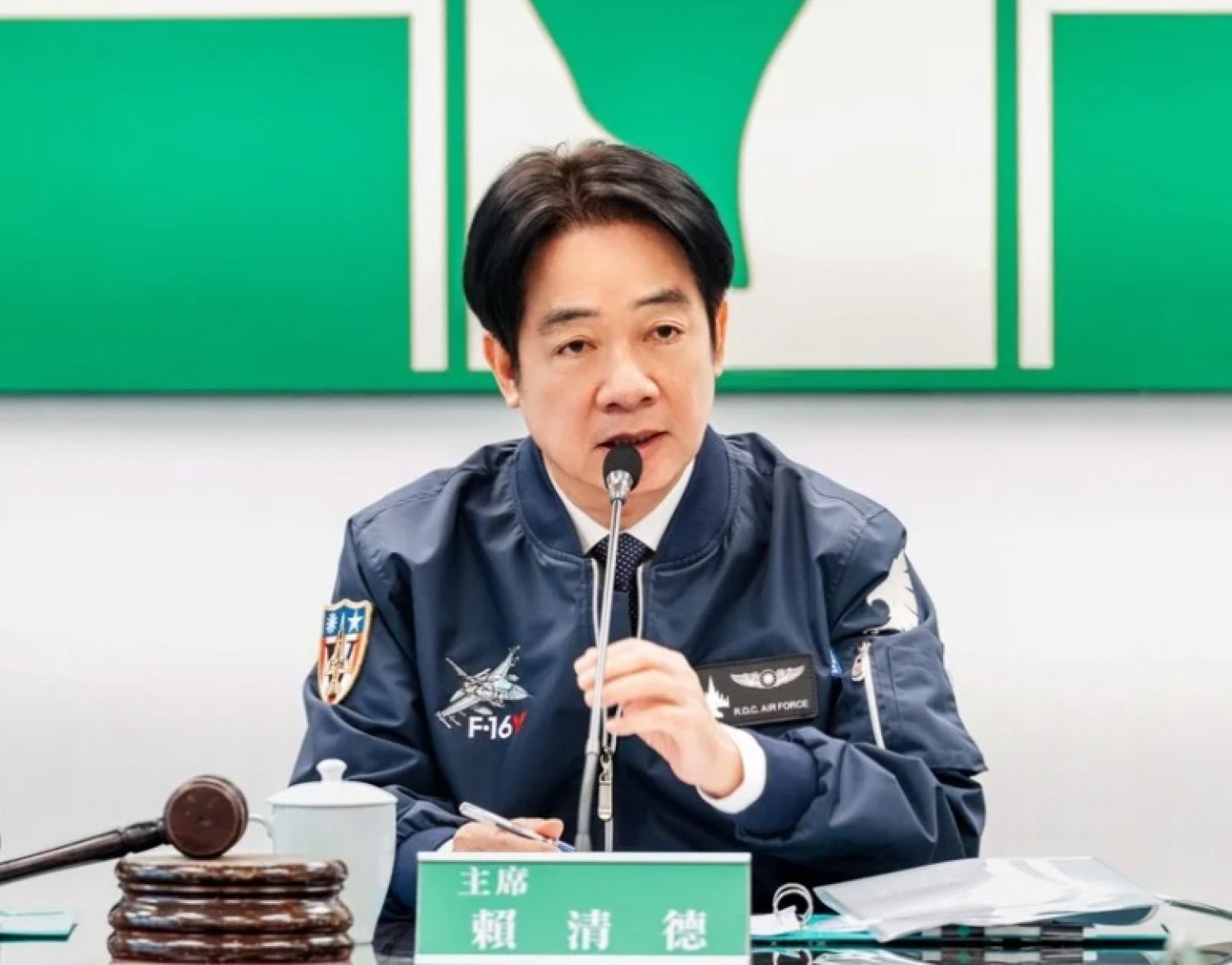
President Lai Calls for Decoupling from China and Joining the Global North: Aspiring Cession to the U.S.?
At a recent Democratic Progressive Party (DPP) Central Standing Committee meeting, President Lai Ching-te, who doubles as the party chairman, invited Wu Chieh-min, a research fellow at Academia Sinica's Institute of Sociology, to present a report on solutions to the U.S. tariff war. President Lai strongly endorsed Wu's proposed trend of "breaking away from China and joining the Global North," viewing it as a positive direction and declaring that Taiwan would leverage this strategy to establish a "Global Taiwan."
Details
Demand for Mainland Spouses to Prove Identity Suggests DPP Preparing for Political Purge
The immigration directive of President Lai Ching-te's administration has sparked widespread panic among the 140,000 mainland Chinese spouses and their Taiwan-born children, threatening their very status in Taiwan. The Democratic Progressive Party (DPP) administration's new policy requiring "supplementary proof of loss of original household registration" explicitly targets this group, driving many into bureaucratic dead-ends. This move exposes the hypocrisy and selective justice of Taiwan's democracy, turning the so-called "witch hunt" against mainland spouses into a full-blown political purge.
Details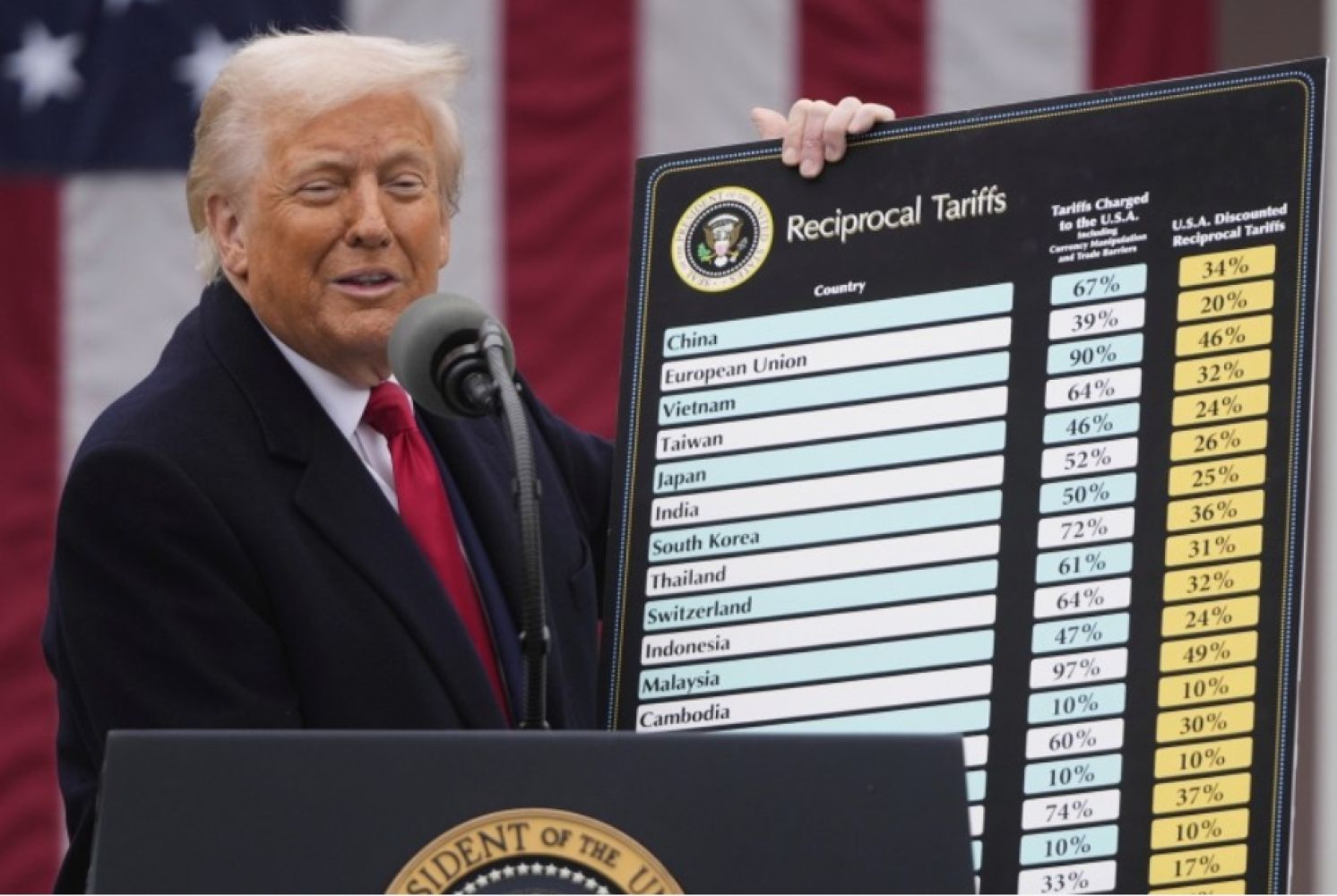
Lai Administration's Single-Minded U.S. Reliance Resulted in Betrayal
Recently, President Donald Trump of the United States announced the imposition of "reciprocal tariffs" on various countries, with Taiwan listed among the "worst offenders," facing a 32 percent tariff. Compared to Japan's 24 percent, South Korea's 26 percent, and Singapore's 10 percent, Taiwan's burden is significantly heavier, second only to China's 34 percent. This drastic increase in costs for Taiwanese exports to the United States severely undermines the competitiveness of Taiwan's industries.
Details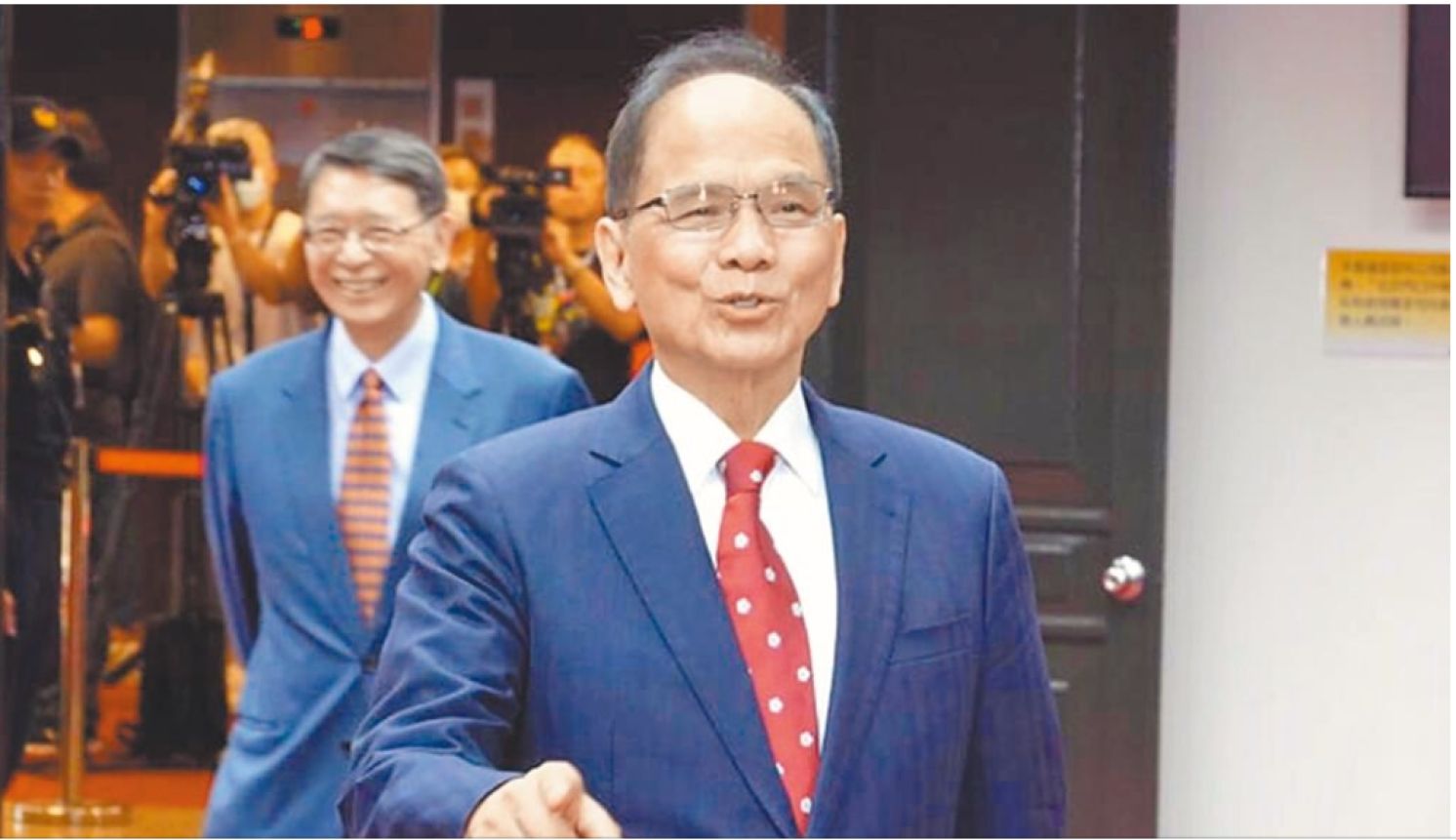
Series of Espionage Scandals Reveals Spies Are Actually DPP Members
Legislator Ker Chien-ming, whip of the Democratic Progressive Party (DPP) caucus of the Legislative Yuan, repeatedly declared that those who do not support the mass recall movement are all Communist spies. Kuomintang (KMT) lawmakers facing recall efforts are frequently labeled as “pro-communist traitors.” Now, with a series of espionage scandals erupting within the DPP itself, it turns out that the so-called “spies” were from their own ranks. Not only has the myth of “counter China to protect Taiwan” crumbled, but some of these spies were even actively involved in the recall campaigns—further undermining the legitimacy of these movements. Otherwise, wouldn’t supporting the recall mean colluding with communist agents?
Details
PLA Military Exercises Directly Exploit Taiwan's Vulnerabilities
The English idiom "The Elephant in the Room" refers to an obvious problem or truth that everyone deliberately avoids discussing. It symbolizes collective silence, where people, even fully aware of an issue, choose to ignore it because it is too sensitive or troublesome to address.
Details
Lai Administration Suppresses Freedom of Speech to Counter China
President Lai has officially labeled mainland China a “hostile foreign force,” and anti-China sentiment within Taiwan is intensifying. A primary school principal is under investigation by the Department of Education, Taoyuan City Government, for saying “I love you, China” on TikTok. A police officer in Zhongli District, Taoyuan, received a demerit for calling himself “Chinese” on the same platform. These two landmark cases have become watershed moments for free speech in Taiwan. Since when did identifying oneself as ”Chinese” become a crime in Taiwan? Could anything be more absurd?
Details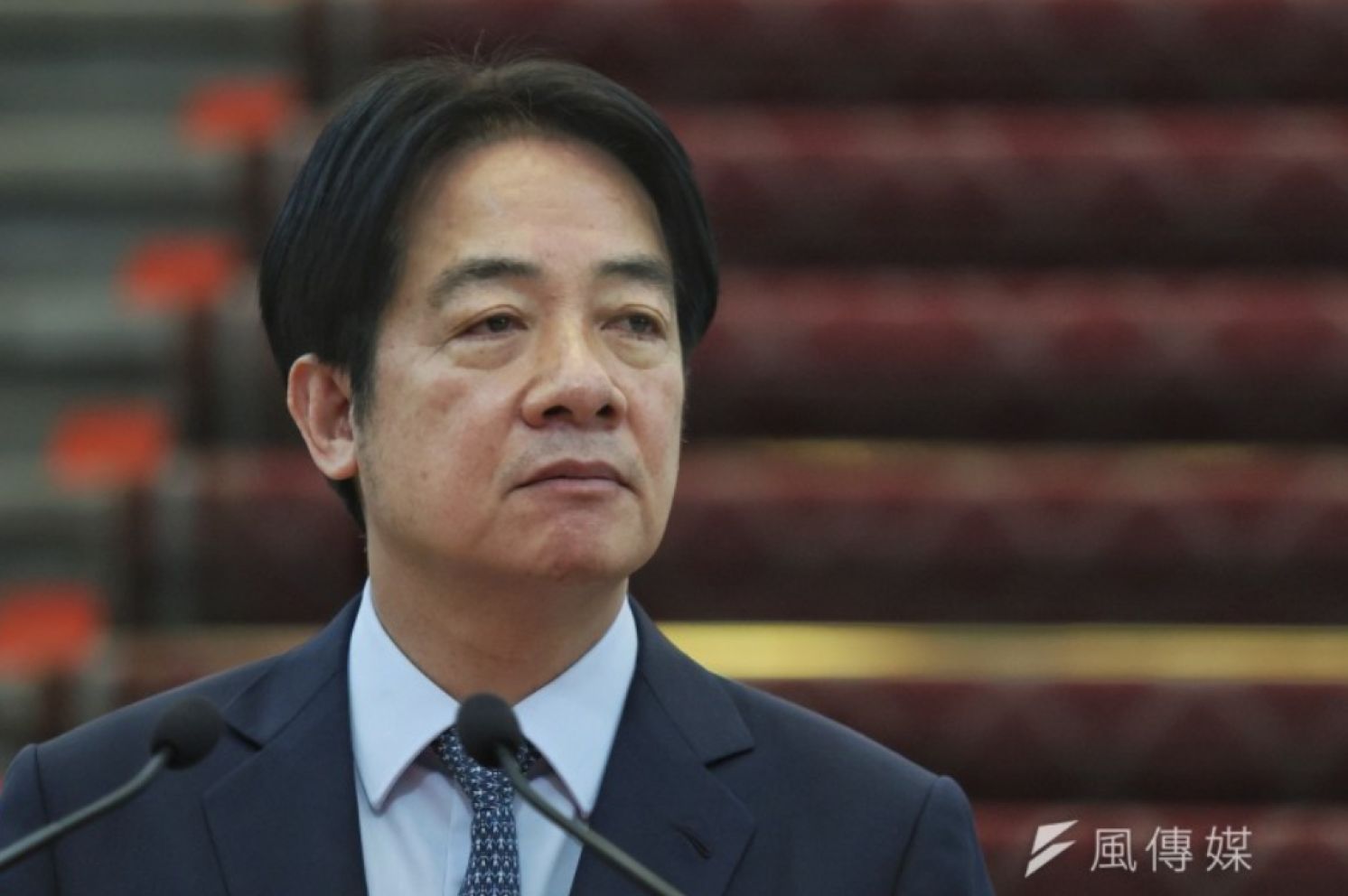
President Lai Lacks Understanding of Democracy, Disregards Legislative Checks and Balances
President Lai Ching-te has recently made a high-profile push for a “mass recall” campaign, a sharp contrast to his statement just two months ago about “respecting the autonomy of civic groups.” This reflects the pragmatism and flexibility of his political maneuvers. Acting as party chairman, he mobilized the ruling Democratic Progressive Party (DPP) for a nationwide campaign, triggering strong countermeasures from the opposition Kuomintang (KMT) and Taiwan People’s Party (TPP)—turning the battle into a classic case of partisan confrontation.
Details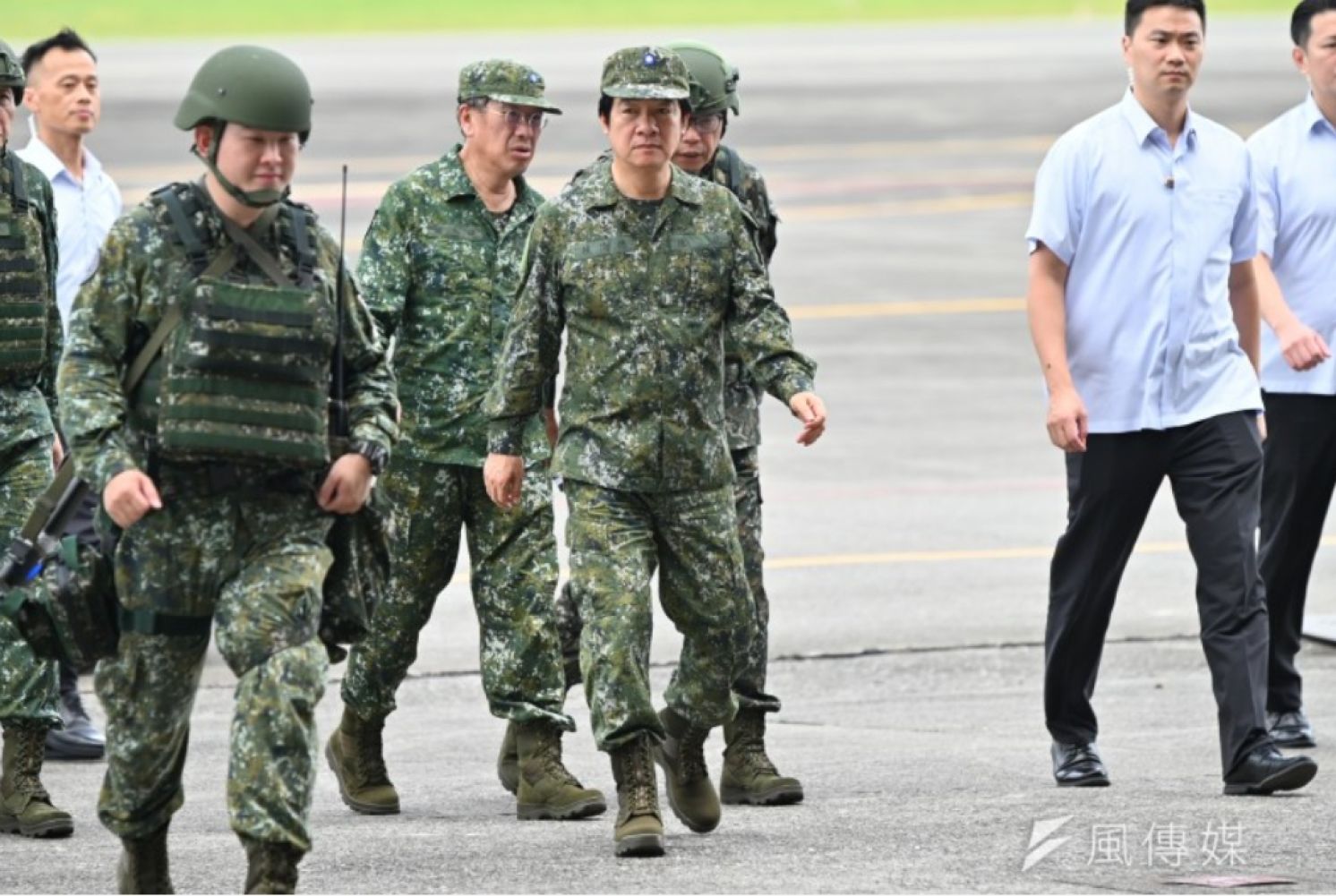
President Lai's Calculations Aim to Alter U.S.-China-Taiwan Relations
After unveiling a comprehensive set of 17 major strategies on national security, President Lai Ching-te launched a series of military maneuvers—from the “Mini Han Kuang” exercises, the appointment of former Japanese Self-Defense Forces Chief of Staff Shigeru Iwasaki as Executive Yuan advisor, to salary hikes for voluntary soldiers. These actions were quickly deciphered by American media such as The Washington Post and The New York Times as calculated political moves meant to provoke Beijing—moves that have subtly altered the balance in U.S.-China-Taiwan relations. President Lai’s motivation, it appears, is to garner support from U.S. President Donald Trump’s political camp.
Details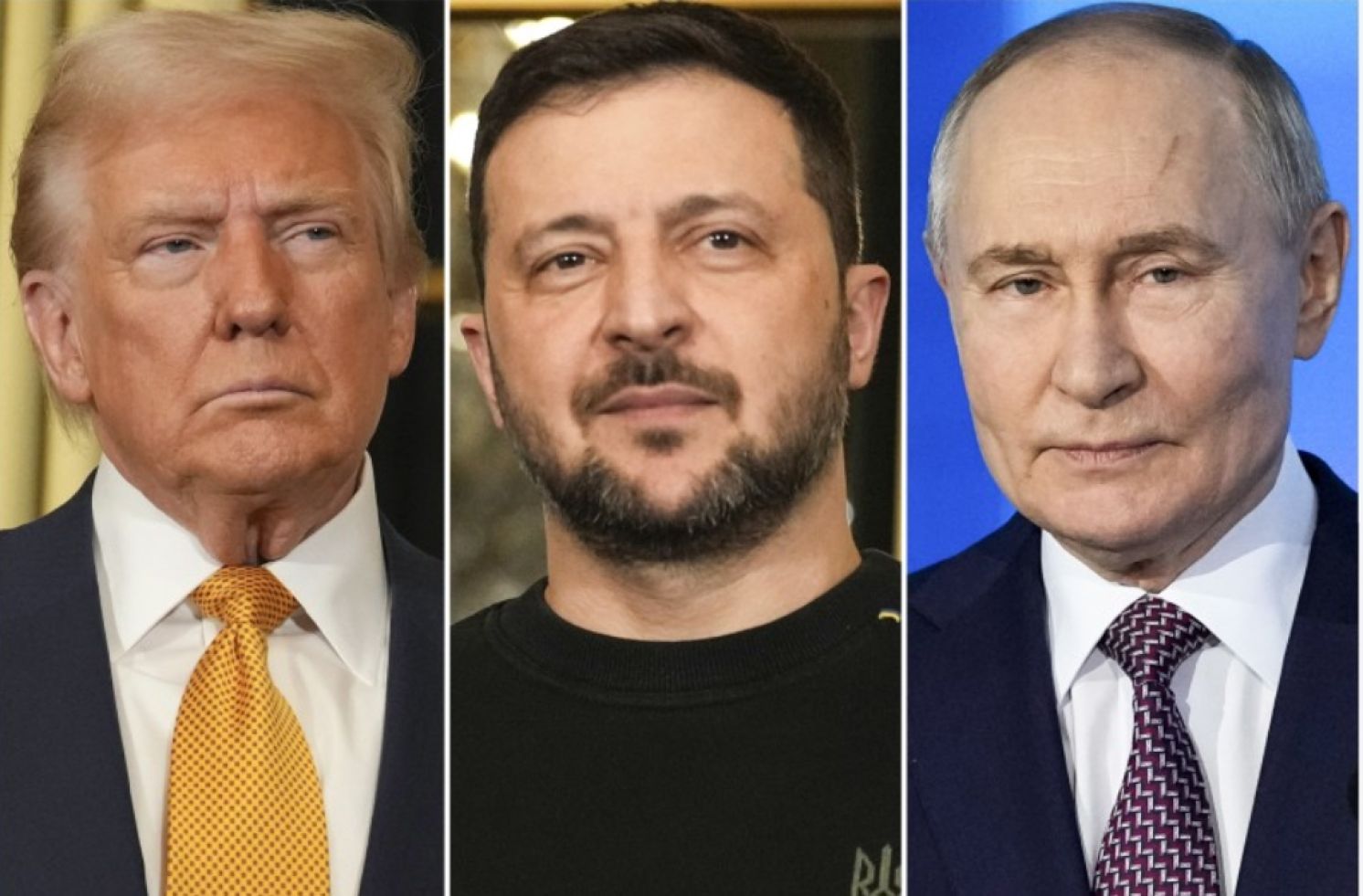
"Abandon Taiwan" Narratives Surge in U.S.: Is Lai Still Riding on Trump's Coattails?
At the recent Yushan Forum held in Taipei, the event unexpectedly opened with narratives on skepticism towards the United States. Anders Fogh Rasmussen, former secretary-general of the North Atlantic Treaty Organization (NATO) and former prime minister of Denmark, who spoke in front of President Lai Ching-te and Director Raymond Greene of the American Institute in Taiwan (AIT), did not hold back. He bluntly stated, "Under a Trump administration, the White House can no longer be relied upon." The U.S.-Europe alliance has increasingly become transactional, and President Donald Trump of the United States now views Washington, Beijing, and Moscow as the three global centers of power. He questioned, "How should Taiwan and Ukraine perceive this situation?" While Greene attempted a defense, his explanation was unconvincing.
Details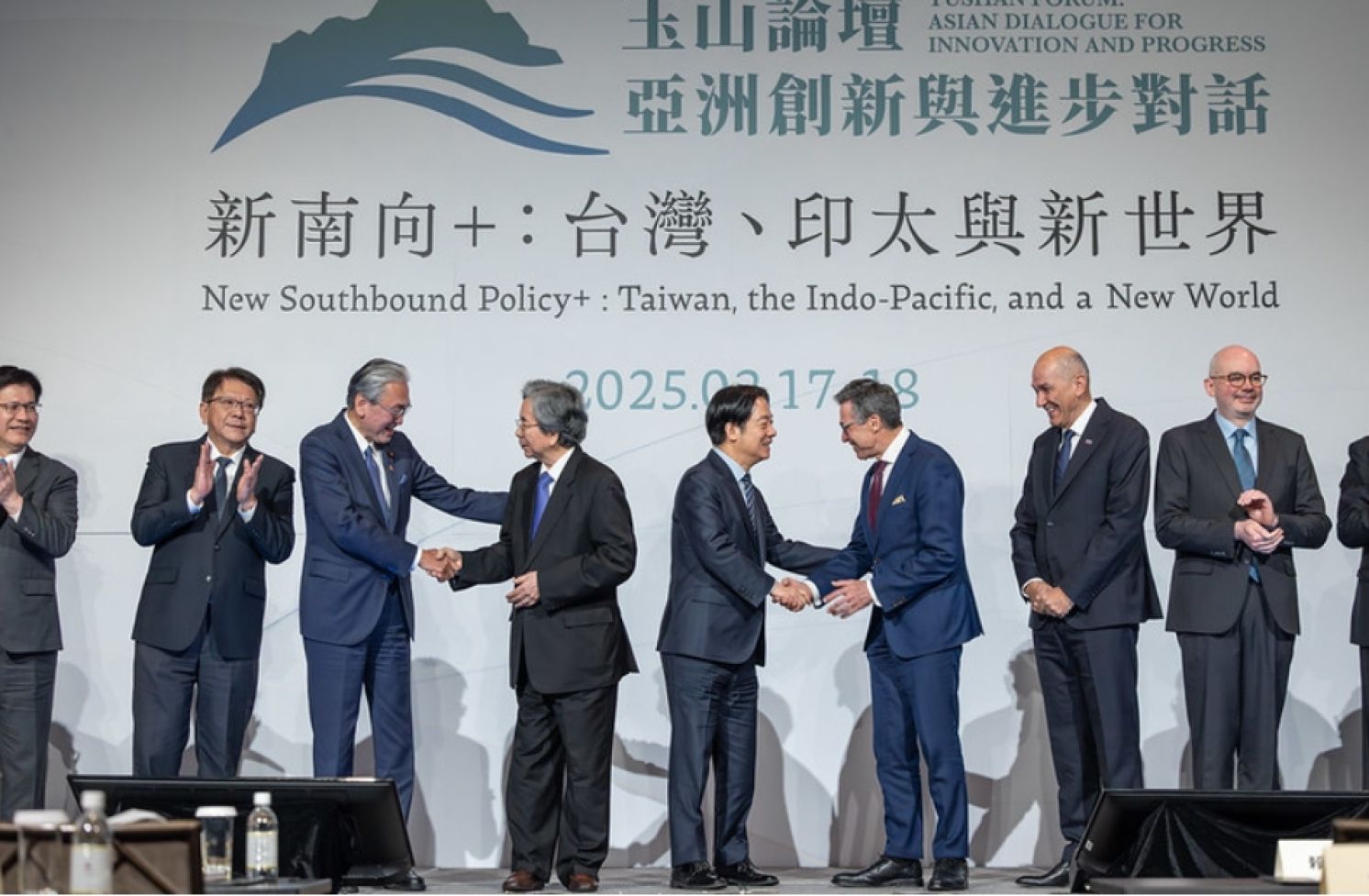
TSMC Forced to Move to the U.S.: Lai Administration Spins It as "Eastward Expansion"
After President Lai Ching-te called for an "Eastward Expansion" at the Yushan Forum, where skepticism towards the United States was pervasive, senior officials of the Democratic Progressive Party (DPP) began competing in rhetoric. They mythologized the Taiwan Semiconductor Manufacturing Company’s (TSMC) investment in the United States as a grand conquest and natural expansion, while even Taiwan’s representative to the United States seemed more like an envoy assisting American interests. He agreed to TSMC’s most advanced chip production taking place in the United States, with progress already surpassing that of Taiwan. Amidst all the enthusiasm, no one discussed how to ensure Taiwan’s industrial roots remain strong or how to sustain private investment momentum. No wonder public opinion surveys indicate mixed feelings about TSMC’s move to the United States.
Details- 1
- 2
- 3
- 4
- 5
- 6
- 7
- 8
- 9
- 10
- 11
- 12
- 13
- 14
- 15
- 16
- 17
- 18
- 19
- 20
- 21
- 22
- 23
- 24
- 25
- 26
- 27
- 28
- 29
- 30
- 31
- 32
- 33
- 34
- 35
- 36
- 37
- 38
- 39
- 40
- 41
- 42
- 43
- 44
- 45
- 46
- 47
- 48
- 49
- 50
- 51
- 52
- 53
- 54
- 55
- 56
- 57
- 58
- 59
- 60
- 61
- 62
- 63
- 64
- 65
- 66
- 67
- 68
- 69
- 70
- 71
- 72
- 73
- 74
- 75
- 76
- 77
- 78
- 79
- 80
- 81
- 82
- 83
- 84
- 85
- 86
- 87
- 88
- 89
- 90
- 91
- 92
- 93
- 94
- 95
- 96
- 97
- 98
- 99
- 100
- 101
- 102
- 103
- 104
- 105
- 106
- 107
- 108
- 109
- 110
- 111
- 112
- 113
- 114
- 115